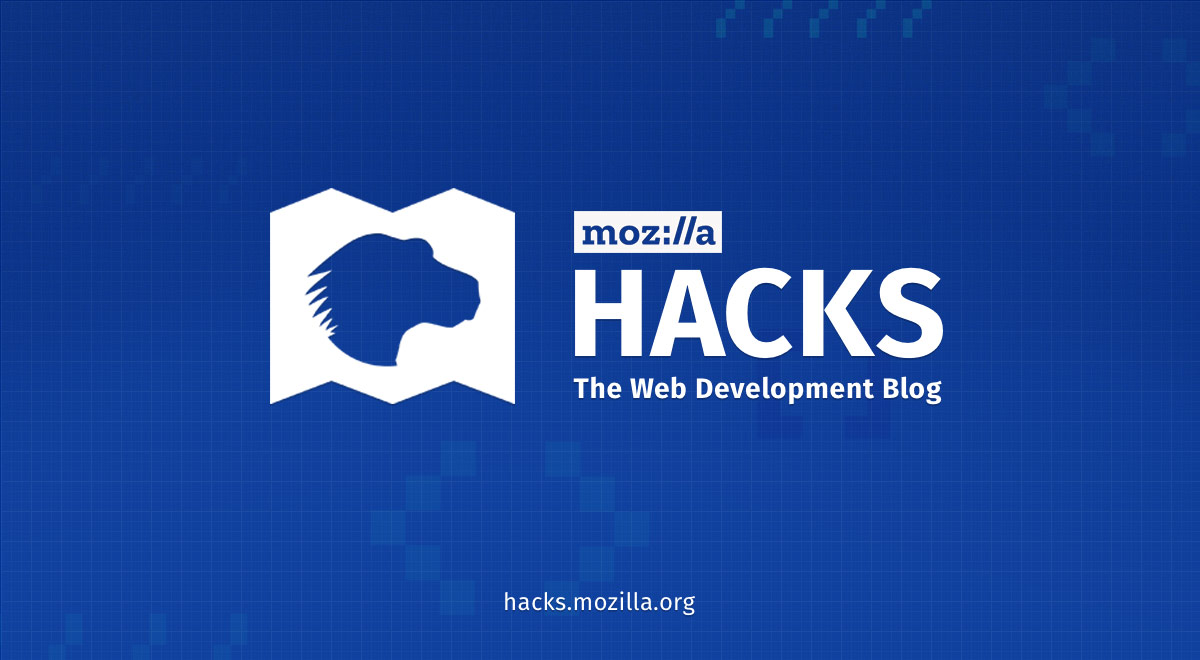Originally posted by Marc Driftmeyer
View Post
Whilst we can (and do) compare codecs side by side, given that we don't watch and compare videos most of the time (cinema, youtube, TV, Laserdisc...), I suspect the quality difference might not be as significant as it appears when comparing side-by-side.



Leave a comment: